The popular holiday tune “The Twelve Days of Christmas” is a bird lover’s delight. If you’re counting, the lucky recipient ends up with 23 birds by the end of the song. And maybe more: some believe the “5 golden rings” is a reference to the rings of ring-necked pheasants.
Most of the birds listed are fairly standard barnyard fowl: the geese and swans and hens and doves.
But others are a bit less clear. Last week, I looked into possible candidates for the “partridge in a pear tree.”
Next question: What are the calling birds? Upon reflection, that seems incredibly vague. After all, all birds call in some form or another. Is there a specific bird the song is referencing?
The answer may not be what you think.
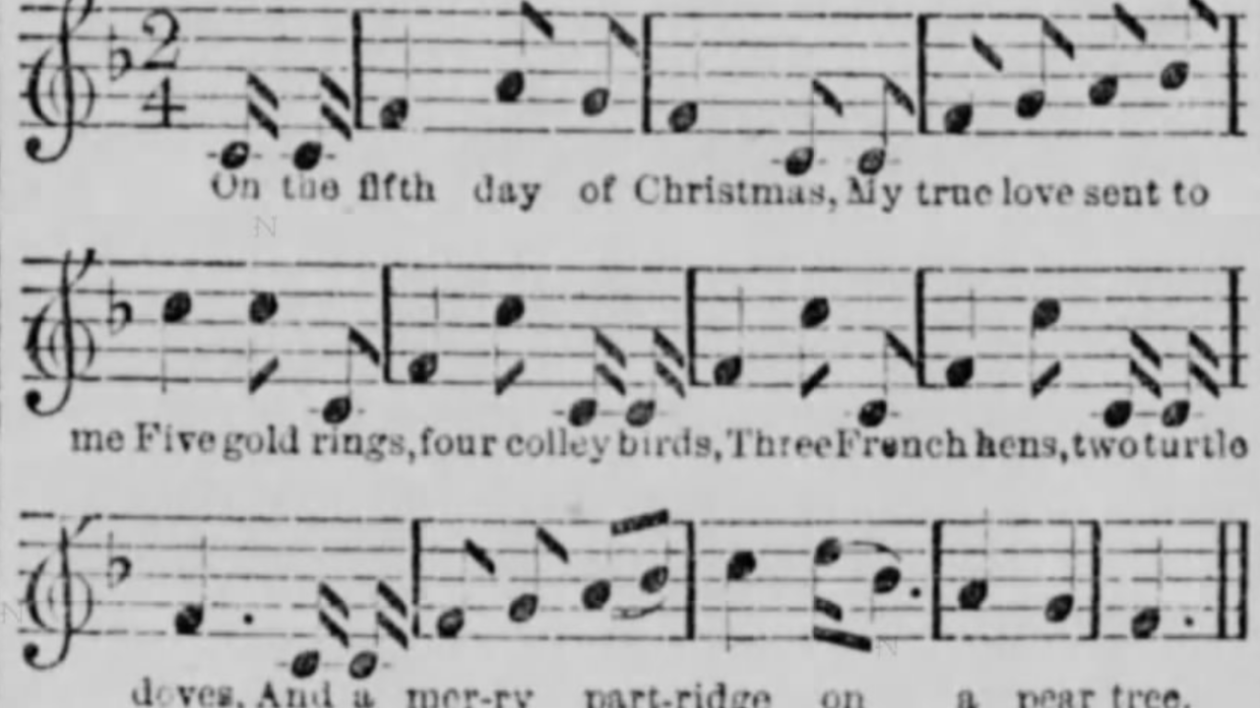
Changing Lyrics
“Twelve Days” was first published in 1780, but it existed as an oral tradition long before that. And even after it was published, the song was most often just passed down from generation to generation. Over time, lyrics change.
In the original published version, it’s “4 colly birds” not “4 calling birds.” In England at the time, “colly birds” was a name given to blackbirds. I’ll delve into this a bit more in a moment.
First, though, I do find it reassuring that botching song lyrics has a long history. I have had this tendency for decades. In high school, I always heard the John Mellencamp lyric “R.O.C.K. in the USA” as “honor rolling seeking in the USA.” Yes, the ever-popular 80s pop song about academic achievement. No one who knew me then would be all that surprised that I’m sitting here today writing about holiday blackbirds.
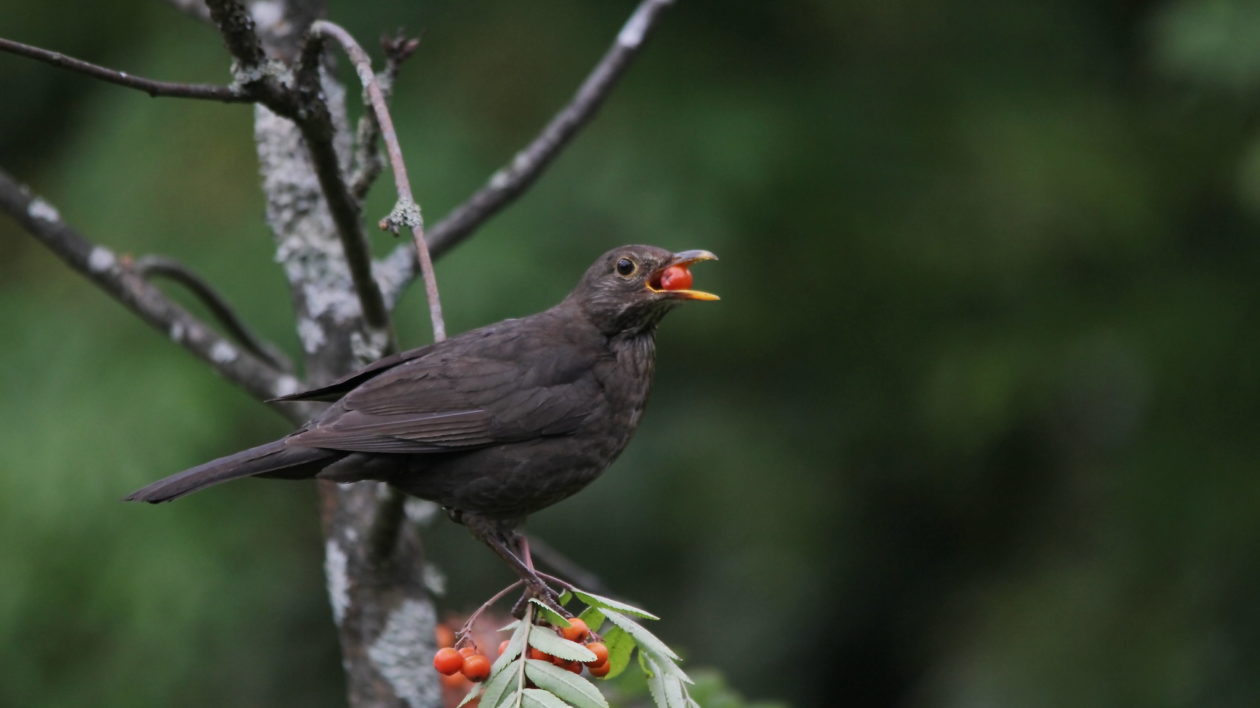
The other reality is that the song has just changed to better fit the times. While traditionalists never want to hear this, popular songs, stories and holidays shift and morph through the years.
Earlier versions of “Twelve Days” included some completely different lyrics, including “bears a baiting.” This referenced the then popular “sport” of tying up a bear, then having fighting dogs attempt to maim and kill it. Obviously, this would today be considered a holiday buzzkill.
As the term “colly bird” became unfamiliar to listeners, it’s natural they would replace it with the more familiar “calling birds.” It has a nice ring to it even if it’s a big vague.
However, the original version of “colly birds” – a gift of blackbirds – raises its own questions.
World’s Worst Party Trick
As impractical as it may be, a gift of 7 swans undeniably carries a bit of romance to it. Four blackbirds? Not so much. Why would this be in the song?
The blackbird (Turdus merula) is a common thrush in England and Europe. As a folk song-worthy gift, it might not be as weird as it first appears. After all, this gift could be turned into a pie.
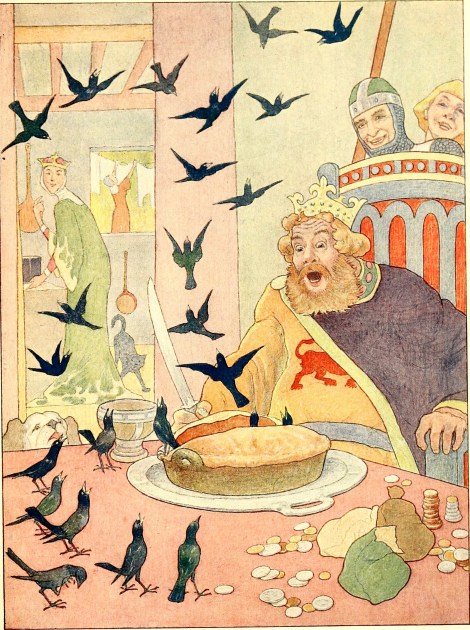
Remember the nursery rhyme? “Sing a song of sixpence, a pocketful of rye, four and 20 blackbirds baked in a pie. When the pie was opened, the birds began to sing. Now wasn’t that a dainty dish to set before a king?”
This nursery rhyme itself may have hidden political meanings, but it also illuminates an actual royal fad: live blackbird pie. Yes, this was a thing.
As naturalist Jim Hurley points out, at one point it was a big hit to hide a bunch of live songbirds under a pie crust, then serve it at a banquet.
As Hurley writes, “The creation was carried to the table, the outer crust of the pie was opened and to the delight of the assembled guests the birds flew out calling as they escaped from their confinement within the outer pastry casing.” Please don’t try this at home.
Eating Blackbirds
“Colly birds” most commonly refers to blackbirds, but it can also be a catch-all term for any small songbirds. Songbirds, including blackbirds, would have been a common menu item at the time of the song’s origin.
Four colly birds would not have made much of meal, to be sure. But thrushes were often eaten whole, bones and all. Sometimes they were baked in a pie.
If this seems strange or gross, consider this: Songbirds are still extensively hunted for food in many parts of the world. Songbirds migrating from Europe to North Africa face a gauntlet of guns and traps, especially in the Mediterranean region.
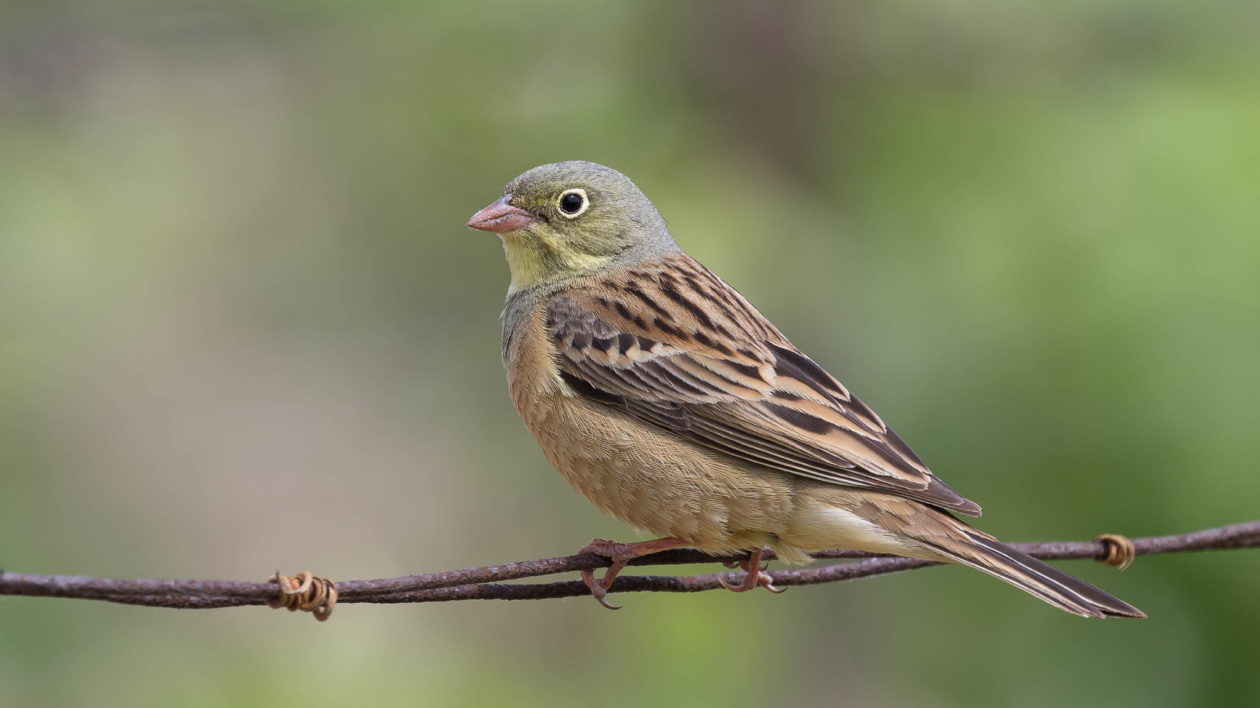
According to an article in The Guardian, between 11 million to 36 million songbirds are killed or captured in Mediterranean countries each year. In Italy, where some 5 million songbirds are poached annually, people use live birds as decoys to lure various songbird species into elaborate nets and other traps.
Birds are hunted in these countries for food, for the market and for sport. They are also hunted because it is a tradition. But traditions, like holiday songs, can and do change. The hunting of songbirds presents a tremendous threat to these species. Bird advocates are working to end this carnage. Perhaps one route – being taken in countries like Lebanon – is working with hunters to develop limits and ban destructive practices. This would allow a small, sustainable take, and continue traditions, much as “gamebirds” are managed.
Regular readers of Cool Green Science tend to love birding and feeding backyard birds. Birds are a delight, a passion, and perhaps even the reason you’re a conservationist. Birds have always been important to people, in myriad and complex ways. Those complex relationships continue to unfold.
There are hints of our past relationships with birds still among us…sometimes hidden in the lyrics of a popular song.
The next time you hear “The Twelve Days of Christmas” you can imagine blackbirds flying away. Just don’t get any ideas about hiding them underneath a pie crust.
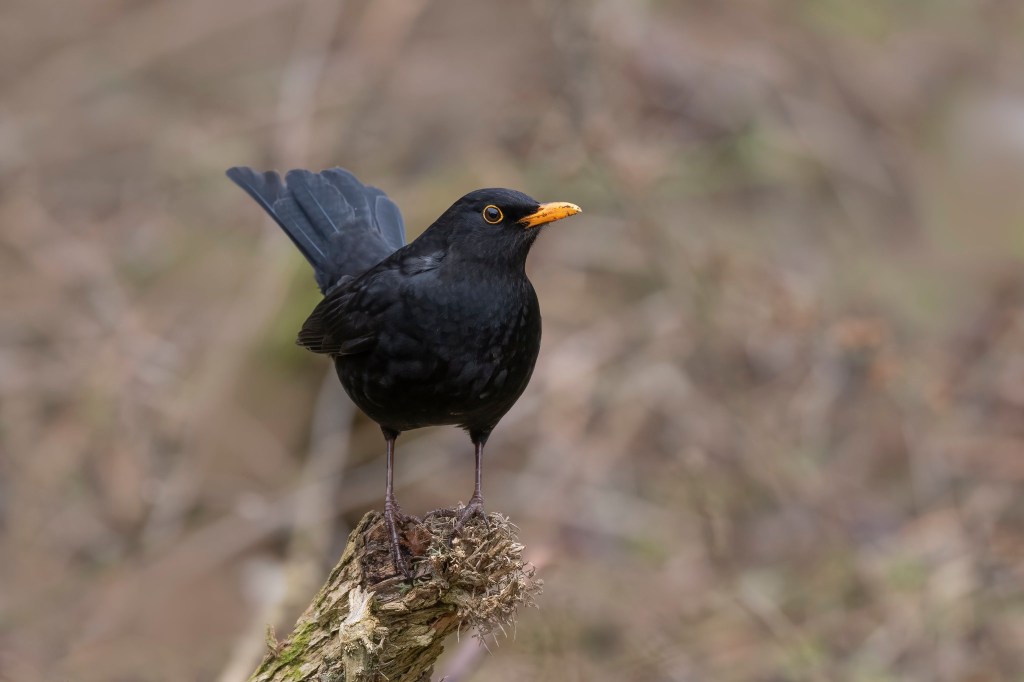



I have thought many times that, this was some sort of memory game at this time of year. I always wanted to know what a calling bird was and, now I know. I do like hearing a Black bird in the mornings.
I’ve always known the rhyme to include “colly” birds but it’s interesting that the piece of sheet music that you show spells the word as “colley”.
I wonder if you know about this wonderful term:
In a 1954 essay in Harper’s Magazine, Sylvia Wright described how, as a young girl, she misheard the last line of the first stanza from the seventeenth-century ballad “The Bonnie Earl o’ Moray”. She wrote:
When I was a child, my mother used to read aloud to me from Percy’s Reliques, and one of my favorite poems began, as I remember:
Ye Highlands and ye Lowlands,
Oh, where hae ye been?
They hae slain the Earl Amurray,
And Lady Mondegreen.[4]
The correct lines are, “They hae slain the Earl o’ Moray / And laid him on the green.”
The point about what I shall hereafter call mondegreens, since no one else has thought up a word for them, is that they are better than the original.
I think we can be a bit relaxed and not require a Mondegreen to be an improvement.
Missing the definition of colly.
Colly means sooty, as in colliery (which is a coal mine), therefore black. So, colly birds specifically refers to blackbirds (Turdus merula). Colly doesn’t mean calling or singing.
Greater Sage Grouse + Ken = Christian Conservationist
Loved the explanation! I have old Hallmark Christmas ornaments for the twelve days of Christmas and was shocked when I looked closely this year and saw Cally Birds instead of Calling Birds! Some interesting facts to share with the grandkids (and especially the four and twenty blackbirds baked in a pie!)
Could colly birds refer to coal mining? (Colliers)
Totally enjoyed this info.
Not all songbird hunging is illegal, or exploitative. in Southern France they hunt “grives” thrushes, wihh seasons, bag limits, and other regulations and the birds are doing fine(It IS a bit funny to see a caption in a popular spo
The difference be¥†ween France and a slaughterhouse like Malta is self – restraint (RIIIGHT! It is either in the culture ir noty and it s hsa rd to change, though it is a matter of a “Pre Dodo”mindset hard to believe still exists in the 21st Centry. To the Maltese, the migrants are ” Here today, gone tomorrow, so shoo† †oday! Meanwhile, thrushes, of many species, with bag lImIts and other rules, seem to be thriving in Provence.